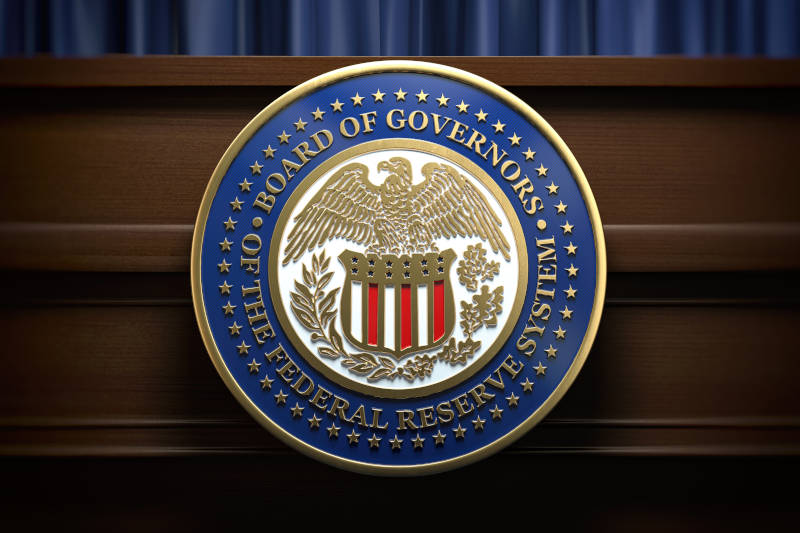Kevin Stiroh, the Federal Reserve’s most senior official focused on climate change, has left the US central bank, Bloomberg reported last week.
Stiroh moved from the Federal Reserve Bank of New York to the Fed’s board of governors in 2021 to take on a newly-created leadership role on climate. Bloomberg said he no longer works for the Fed, citing u nnamed sources.
The move comes as the Fed tries to navigate the hostility of US president Donald Trump to any green transition efforts. In January, the Fed left the Network for Greening the Financial System (NGFS), a global group of central banks trying to to help the financial sector mitigate the risks of climate change.
Analysts say the Fed is trying to placate the anti-climate views of the Trump administration. US hostility to climate action under Trump has put it at odds with its counterparts in Europe and Asia, with tensions erupting during a Financial Stability Board meeting in June.
Stiroh’s departure also comes against the backdrop of Trump’s attacks on Fed chair Jerome Powell over his decision to keep interest rates on hold to see the impact of tariffs on the economy, with the conflict threatening the central bank’s independence.
Even before Trump’s election, Powell had come under fire from environmental advocates for his views on climate. He said last year that climate change is a threat to financial stability, but only an “emerging threat … over time” and not yet a major concern for him.
However, other voices at the Fed are still speaking up on the issue. Fed governor Michael Barr said recently the central bank needs to ensure that banks are measuring and managing climate-related risk as they do other risks.
“I think climate risk is a real risk for us as a society and is likely to be a risk for the financial system unless we pay attention to it now,” Barr said.
Stiroh had long been vocal about the risks posed by climate breakdown. In a speech at Harvard Business School in March 2020, he warned that climate impacts and the transition to a low-carbon economy “will be felt across business sectors and asset classes, on strategies and operations, and through the balance sheets and income statements of financial firms”.
In 2022, he called for research using more sophisticated models and for greater examination of how climate change impacts bank risk. He also advocated the use of forward‐looking scenario analysis to assess relative impacts across different bank exposures to climate risk in order to help banks and supervisors better understand the range of potential differences.
Stiroh led the Fed’s supervision climate committee which brought together senior staff from across the Fed system to focus on the implications of climate change. He was also co-chair of the Basel Committee’s Task Force on Climate-related Financial Risks alongside Frank Elderson of the European Central Bank.
The supervision committee was closed earlier this year along with other internal climate groups focused on financial stability and economic impacts, Bloomberg reported.
Stiroh also served as senior adviser to Michael Gibson, director of the supervision and regulation division at the Fed. Gibson is set to leave the central bank following more than three decades there, Bloomberg said.
This page was last updated July 8, 2025
